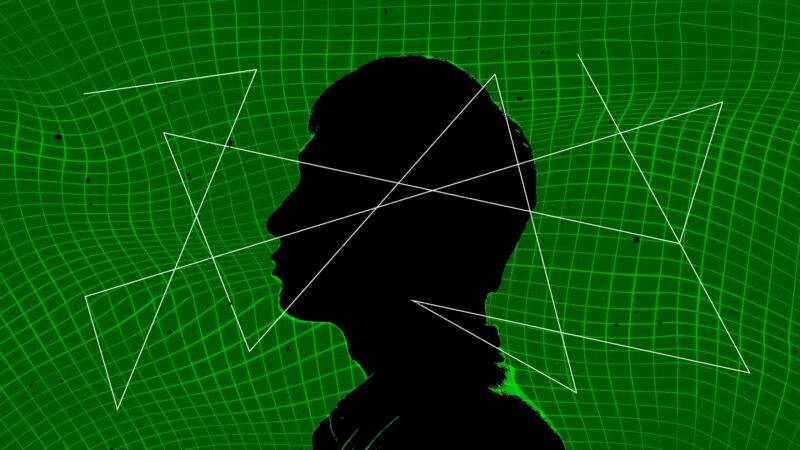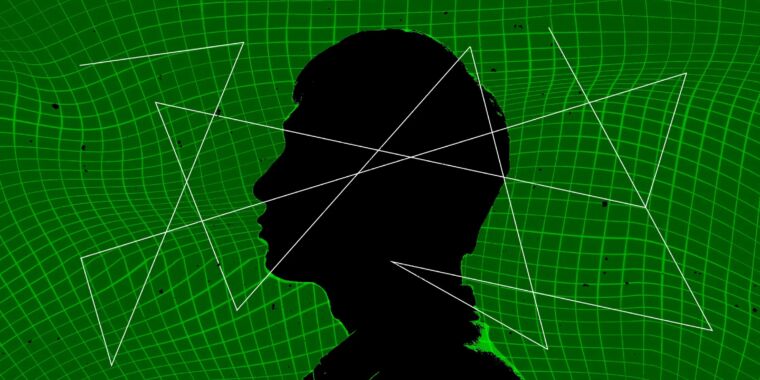
Jacqui VanLiew | Getty Images
For the past 19 years, the 4chan imageboard has been linked to Gamergate, the beginning of QAnon, the incubation of a certain brand of online racism, and a series of domestic terror attacks that have killed dozens of people.
Tragically, references and tributes to 4chan are scattered across a 180-page screed that is believed to have been written by the 18-year-old who allegedly shot 13 people on May 14 in a predominantly black neighborhood of Buffalo, New York. 10 victims killed in the massacre were black. This week, 4chan users spread transphobic misinformation about the identity of the school shooter who killed 19 children and two adults at an elementary school in Uvdale, Texas, which quickly reached the feeds of a right-wing member of Congress.
Even as the imageboard continues to rise in infamy, one question lingers: who actually owns 4chan?
For years, ownership was obscure: Invented by an American, sold to a Japanese businessman in 2015, the corporate structure is largely unknown, save for a few Delaware registered companies.
New information, shared exclusively with WIRED, details 4chan’s largely unpublished relationship with a major Japanese toy company called the Good Smile Company. Legal documents, company records and interviews with people familiar with both companies show that Good Smile played a role in the 2015 acquisition of 4chan.
In addition to being 4chan’s silent partner, Good Smile has signed major deals with some of the world’s largest entertainment companies, including Disney and Warner Bros. Good Smile also produces figurines of underage anime girls in various states of undress.
The company said last year that it is just a passive investor in 4chan. However, evidence from a nondisclosure agreement shows that Good Smile Company and a major Japanese telecommunications company were involved in the 2015 acquisition of 4chan by its current owner. Court reports, first detailed by The Hollywood Reporter and Kotaku in September and reviewed by WIRED, allege Good Smile employees were disturbed by their company’s involvement with 4chan, but executives ignored their concerns.
As the United States grapples with 4chan’s toxic influence, from its role in facilitating the January 6 uprising to its alleged influence over mass shooters, it is clear that efforts to hold anyone accountable and perhaps even its role in radicalizing of young men will not be possible without a better understanding of the corporate structure.
From his college dorm in Arkansas in 1999, Hiroyuki Nishimura created 2channel.
The Japanese-language imageboard is built on several successful text-based usenet and message boards. But Nishimura offered users something rare and exciting: the freedom to be completely anonymous.
“Here idiots can be the idiots they want to be. Here they are allowed to say things for which they do not have to take responsibility,” Nishimura would say The Japan Times years later. That freedom would prove to be wildly popular in Japan. Within a decade, Nishimura became the bad boy of the Japanese media, built a career as a self-help guru, and even struck a deal with Japanese telecommunications giant Dwango to set up the wildly successful video-sharing site Niconico. Nishimura was the famous face of Niconico until he left in 2013.
While the message boards were largely unfathomable to English-speaking audiences, they had a minor cult following in the United States. On the Something Awful message boards, where a particularly edgy brand of internet humor was taking shape, a group of users became enthralled with the anime that was popular on 2channel (and its offshoot, 2chan). They shared their finds on Something Awful’s Anime Death Tentacle Rape Whorehouse forum.
Among those early devotees was Christopher Poole. In 2003, in search of 2channel’s vibe, he grabbed the open source code underlying the website, translated it and officially opened 4chan. He called himself moot.
Back in the day, 4chan users could share anime on /a/, and everything else on /b/, the random board. The website grew rapidly and branched out into all sorts of internet culture, hardcore pornography, news and, ultimately, political administration, /pol/.
In the first decade of its life, 4chan defined and shaped the troll culture. There was a mischievous streak: The users harassed white supremacist radio host Hal Turner and hacked Sarah Palin’s email. But 4chan also had a persistent problem with child sexual abuse material, as the users used their anonymity to threaten their schools. (At the same time, 4chan users reported their fellow users who they feared could be committing violence.)

